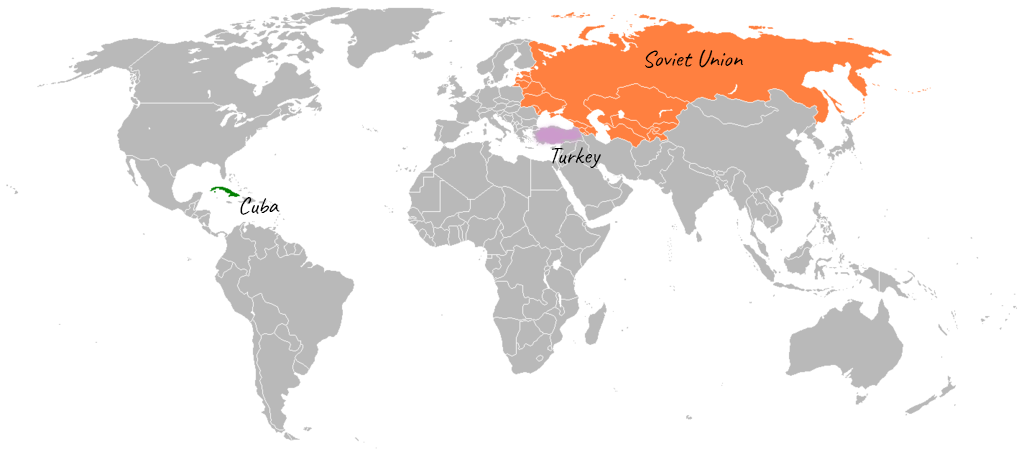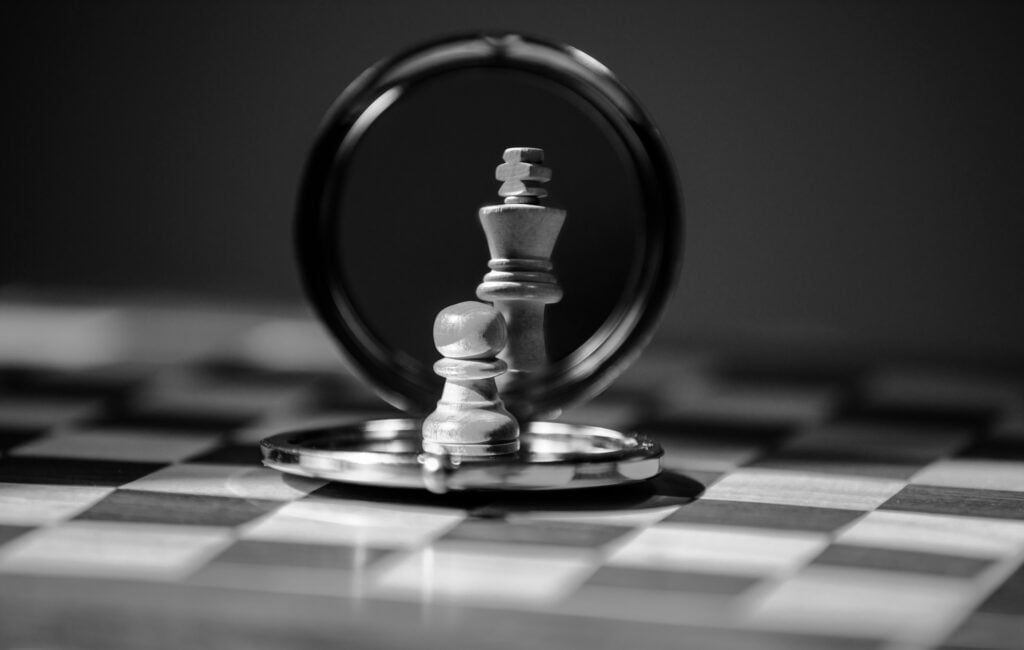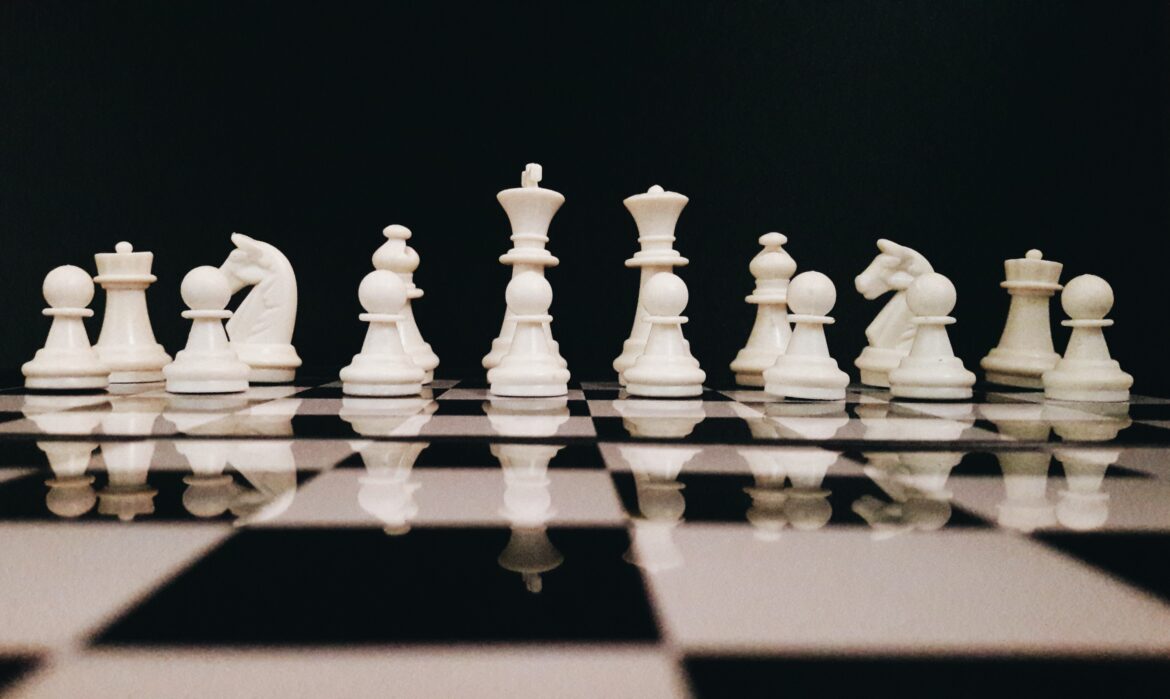International politics can be understood as a game. It is a game of strategy. The players are playing the game for winning. In International politics, we see either a two-person game or “n” person’s game. We also see zero-sum games and non-zero-sum games.
Game theory helps in understanding foreign policies, especially predictions. The two prominent games utilized by scholars in international politics include the chicken’s game and the prisoner’s dilemma.
Chicken Game
The concept is utilized to predict the course of action which a nation will take in a situation of a head-on collision. In case two countries reach a situation of a head-on collision, the rational action is not to think about prestige but to minimize the loss. The side, which backtracks first, is treated as chicken-hearted.
This game has been useful to predict the course of action between the USA and USSR in the 1962 Cuban missile crisis. After World War II, the era of the cold war started. USA and USSR, two superpowers, had ideological differences. The USA feared the spread of communism by the Soviet Union.

The US followed the policy of Monroe Doctrine according to which it opposed European colonization in North and South America (Americas). Also, US interests were given more significance over the peoples of the region. When political forces emerged to challenge US dominion, invasion and coups happened.
This kind of intervention fuelled Cuba’s suspicion of US motives. Apart from Cuba, the rest of Latin America came under USA dominion throughout the 20th century.
The relation between the US and Cuba snapped when Fidel Castro seized power in Cuba in 1959 to establish a communist state. By siding with USSR, Cuba directly got involved in the cold war. In 1961, the United States broke off its diplomatic relations with Cuba.
In 1961, to depose Fidel Castro, the USA planned the “Bay of Pigs invasion” in Cuba. But the operation failed. Fidel Castro asked for the Soviet Union for help, to which USSR decided to set up a nuclear missile in Cuba aiming USA. Moreover, the USA had already created missile bases in Turkey, close to the Soviet Union. The situation allowed the Soviet Union to create a missile base near the USA.
The nations were on the brink of a nuclear war. The Cuban crisis lasted for 13 days. In the end, the Soviet Union agreed to remove missiles from Cuba. In turn, the USA pulled out its missiles from Western Europe and Turkey positioned towards the Soviet Union.
A per chicken game theory, USSR and the USA were in a head-on collision. The best possible solution is when one side backtracks to minimize loss. Here USSR removed its missiles first.
It is said that the USA won by forcing the Soviet Union to withdraw its missiles.
Prisoner’s’ Dilemma
In this, two prisoners are accused of a crime. The theory assumes both the prisoners are rational and work with self-interest. But one of them is involved with a more serious offense. The first prisoner is offered a deal. Say Prisoner 2. If prisoner 2 testifies against prisoner 1, and prisoner 1 does not testify against prisoner 2 – the outcome is that prisoner 2 is not punished, but prisoner 1. Prisoner 1 is offered the same deal.
If none of them testifies, each prisoner will get a minimum sentence of one year. If both testify, they will get a sentence of 3 years.
Their best interest is that both should not testify as it will result in 2 years of total jail time.

But from an individual’s perspective –
if prisoner B does not testify – 8 or 1 year of jail
if prisoner B testifies – 3 or 0 years of jail
Testifying seems an extra appealing option. The same thing goes for prisoner A.
The game, therefore, predicts that both these rational self-interested people will end up testifying and receiving 3 years of sentence each. Not the ideal outcome.
It is very much closer to the concept of the security dilemma. International politics is in a situation where nations are like prisoners. They lack complete information about the other. They are unable to trust the other country. Hence, they opt for the course of action that is not most beneficial but avoids the worst possible outcome. International politics is in such a situation that defection rather than cooperation seems to be a better option.
The prisoner dilemma is utilized to predict whether India and Pakistan would go for acquiring nuclear weapons or not. The countries suffer from a huge trust deficit. They lack any reliable source of information about whether another country will build nuclear weapons or not. There can be different scenarios.
Scenario 1 – Since both countries suffer from poverty and lack of resources, it is better for them if both countries do not go for nuclear weapons. It will be a win-win situation if both cooperate.
Scenario 2 – However, it is difficult for them to trust each other. So even if India assures, Pakistan will not trust it. The worst-case scenario of trust is when one country makes nuclear weapons and the others do not. It means completely losing out to the country which has nuclear weapons. Therefore, both will make nuclear weapons.
Sometimes, we use tools to understand the strategic political situation.

